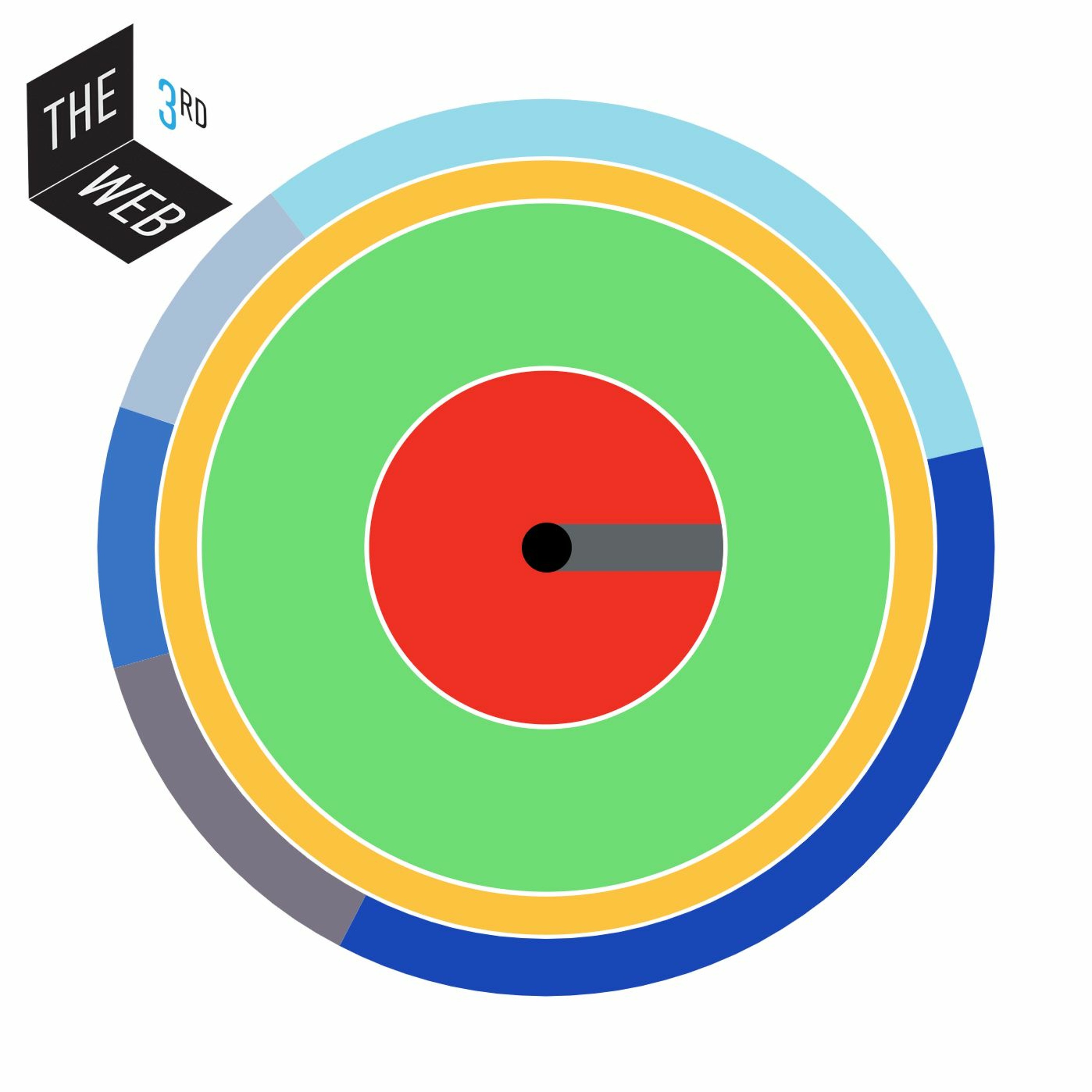- Technology
- SEE MORE
- classical
- general
- talk
- News
- Family
- Bürgerfunk
- pop
- Islam
- soul
- jazz
- Comedy
- humor
- wissenschaft
- opera
- baroque
- gesellschaft
- theater
- Local
- alternative
- electro
- rock
- rap
- lifestyle
- Music
- como
- RNE
- ballads
- greek
- Buddhism
- deportes
- christian
- piano
- djs
- Dance
- dutch
- flamenco
- social
- hope
- christian rock
- academia
- afrique
- Business
- musique
- ελληνική-μουσική
- religion
- World radio
- Zarzuela
- travel
- World
- NFL
- media
- Art
- public
- Sports
- Gospel
- st.
- baptist
- Leisure
- Kids & Family
- musical
- club
- Culture
- Health & Fitness
- True Crime
- Fiction
- children
- Society & Culture
- TV & Film
- gold
- kunst
- música
- gay
- Natural
- a
- francais
- bach
- economics
- kultur
- evangelical
- tech
- Opinion
- Government
- gaming
- College
- technik
- History
- Jesus
- Health
- movies
- radio
- services
- Church
- podcast
- Education
- international
- Transportation
- Other
- kids
- podcasts
- philadelphia
- Noticias
- love
- sport
- Salud
- film
- and
- 4chan
- Disco
- Stories
- fashion
- Arts
- interviews
- hardstyle
- entertainment
- humour
- medieval
- literature
- alma
- Cultura
- video
- TV
- Science
- en
The Third Web #16 - Urbit, Your New Server

The range of third-web platforms in development today is greater than ever. From data-centric blockchain based approaches to agent-centric designs like Secure Scuttlebut, the potential futures of the third web are rapidly expanding. \n\nToday we look at another approach with the Urbit platform. Like Secure Scuttlebutt, Urbit is agent centric. It is a deterministic operating system designed to be the filter between a user and the online services they use. \n\nI last covered Urbit in 2016 and the project is now nearing public launch. Galen Wolf-Pauly explains.\n\nWhat is Urbit?\nA personal Server\nA secure computer that \nyou actually own\nStores an event log of everything that has ever happened to it\nThat\u2019s designed to live on any cloud server\nBut be controlled by a private key that you actually own\nYour Urbit is meant to replace all of the consumer cloud software that you already use\n\nHow can it possibly be better than all of the expensive software that has already been created?\nThe basic thesis is that everything we use today runs on top of a unix of some kind.\nThe reason we wound up in this centralised world of cloud-based software is that Unix is too complicated.\nBecause the Unix is complicated, complicated layers between Unix and the application are needed.\nThe Urbit solution is to rip all of that out and create a single, extremely simple, complex system.\nUrbit is a virtual machine, programming language, and operating system in 30,000 lines of code.\nFor comparison, Wordpress, an application that runs on Unix is 500,000 lines of code\nTechnical simplicity should turn into user interface simplicity.\nAdditionally, by hosting your Urbit in the cloud you no longer have a middleman serving you applications, Instead you only need them to host your virtual computer. \n\nWhat does an Urbit future look like?\nA single platform allows tighter integration of, for example, productivity software like Git & Asana.\nAs a designer, Galen looks forward to interface standardisation, -having messaging, documenting, code collaboration, task management and other consumer software working seamlessly as one system.\nRather than interfaces built for many people.\n\nDo we need a new back end for a new front end? Hasn\u2019t Wechat done this?\nToday we use many services that have unified UIs\nGoogle has both email and documents but do you really trust Google to have total control and visibility into your use of those services?\nWhat if Google goes away?\nBeing able to run a server myself that I trust will be around a long time and is secure to me makes me feel alot better. [Platform Risk]\nWechat is a really great achievement\nApps are more like modules\nBut you have given total power to a single company\nThe decentralised Wechat pitch has gotten tired but Urbit is very much targeting that problem.\nThe future of cloud computing does look like that but makes no compromises in privacy or durability.